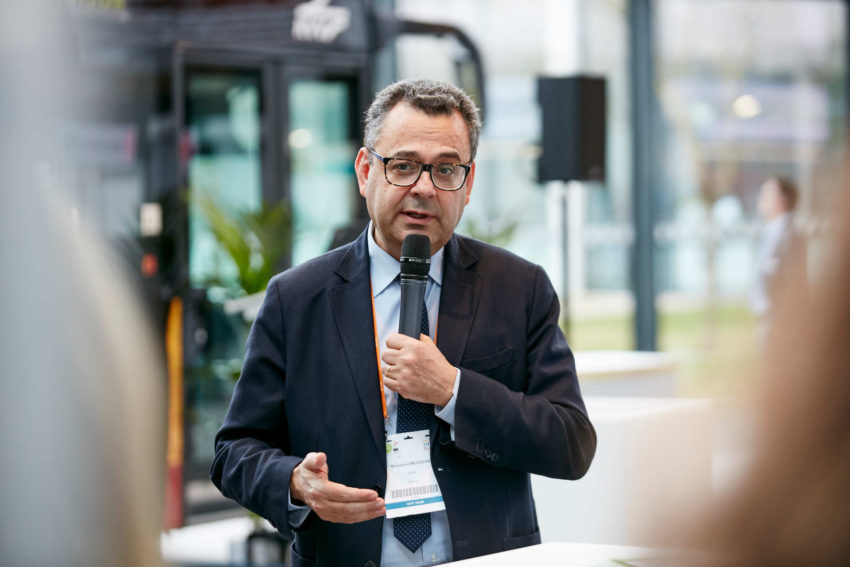A member of Boardroom Advisory board, Mohamed Mezghani has been appointed Secretary General of the International Association of Public Transport (UITP) in January. Boardroom has asked him to contribute a monthly column in which he explains all about the challenges of holding such a position. This is Mohamed’s third contribution, in which he reflects on cultural differences.
…Culture Doesn’t Matter
Since I took office early this year, I travelled a lot, visiting all continents. I attended several meetings and events organised by UITP or third parties. I lost count of the number of business cards I have collected and handed out. It is interesting to see the differences in the way we deal with business cards around the world. We all know, that, in certain Asian countries, the exchange of them is very ceremonial and a strict etiquette has to be followed. In other circumstances, it happens that you give your business card to someone who will immediately put it in their pocket without looking at it at all. And there are also situations where your interlocutor will apologize for not having a card… because they work for a public entity that doesn’t provide them with cards. That’s the case in several developing countries. I also remember one of my previous bosses at the start of my career who forced me not to put my first name on the card because, according to him, it might be badly perceived by potential customers. No comment.
When we work in an international context, the cultural dimension is essential. We shouldn’t see it as a constraint but as an opportunity to enrich our own experience and to learn. In this regard, there is one fundamental principle: the world doesn’t have a centre. If you don’t accept this, you’ll be always considering your perspective and your point of view as thereference and you’ll often fall into cultural misunderstandings. We face these situations when we organise events for example. The time schedule of the event, the way we interact with speakers and attendees, the protocol issues, not to mention the terminology used, vary according to circumstances. As an international association, we cannot behave, in Lagos or Dubai, the way we are used to in Brussels or Singapore. What is non-negotiable is the quality of the deliverable not the format. In some cases, we tend to focus too much on the container while the energy must be put on the content.
This is also reflected in the way we see our association. I like saying that UITP is not a European association expanding globally but a global association that happens to be located in Europe. This changes completely the perspective and the capacity to accept and own cultural differences. It is with this in mind that we decided to have a very multinational and multi-ethnic staff. We need this diversity to be in a position to understand and navigate in all kinds of environments. We also encourage staff mobility from one region to another. Our team must also reflect the diversity of membership. We have members in 96 countries, we must speak their languages (even if the use of English is growing as working language) and understand their needs and expectations.
Cultural differences shouldn’t be a reason for not doing projects or developing services. We often hear ‘No, it’s not feasible in our context’or ‘This was done in Tokyo, but it’s impossible here’. When we say that, it means that we don’t want to go out of our comfort zone, we just want to pursue business as usual. It is obviously a big mistake: a copy/paste of a Tokyo’s solution will, of course, not work. What is effective is to analyse what worked in Tokyo, the success factors, and get inspired by it while adding a local approach.
I have noticed that in many cases we underestimate the capacity of people to accept changes. This happens when we have a top-down approach but when we listen, enrich our approach with input from counterparts and build an equal-to-equal relationship, partners will easily get ownership and see the benefits. That’s the way we build a win-win approach. I know it may appear as a cliché to use such wording, but it is so true!
